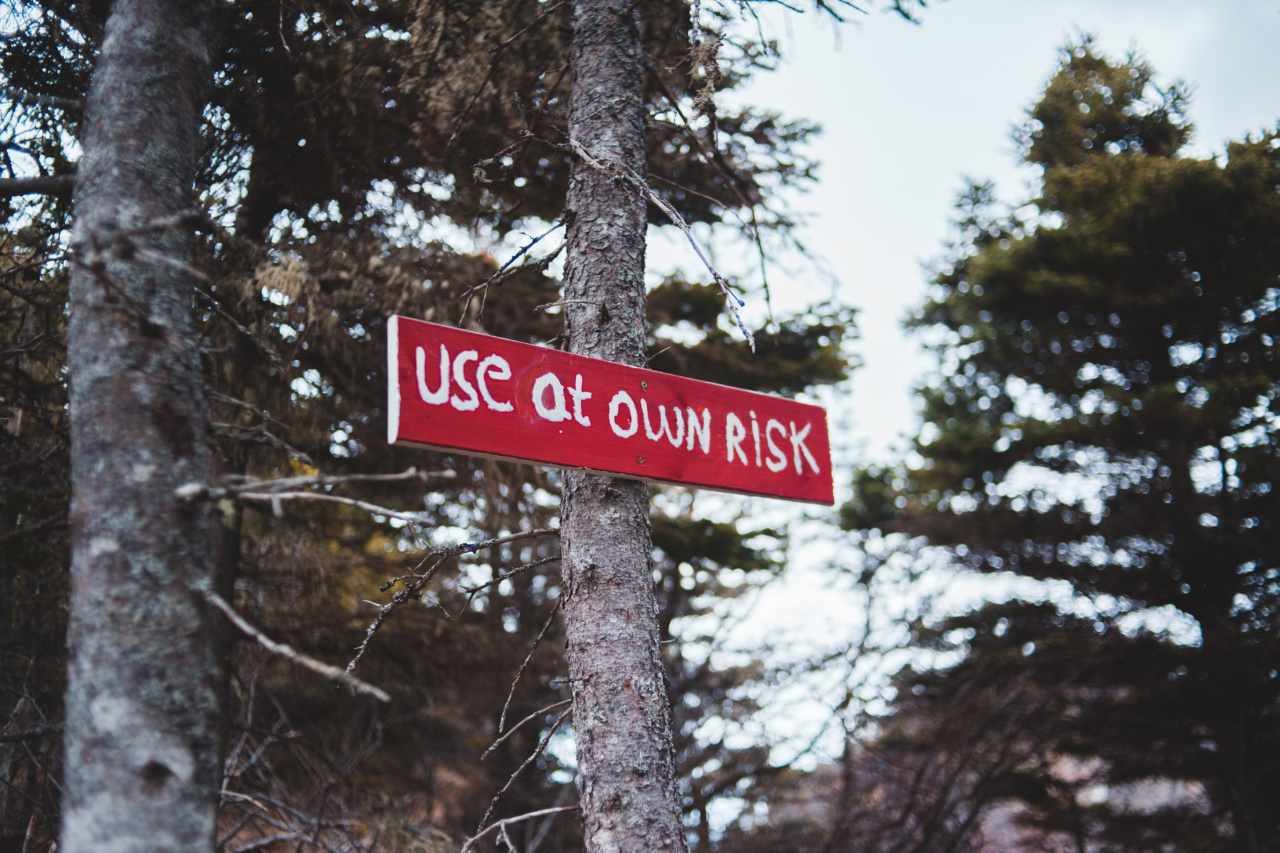The holiday season is a time of joy and celebration for many, but it can also be a time of increased risk for stroke. The combination of stress, unhealthy eating habits, and lack of exercise during the holidays can increase the likelihood of a stroke.
It is important to be aware of the warning signs of a stroke so that immediate medical attention can be sought if necessary. This article will cover some of the warning signs of a stroke and what you should do if you or someone you know experiences them.
What is a Stroke?
A stroke occurs when there is a disruption in blood flow to the brain. This can happen in one of two ways:.
- Ischemic Stroke: The most common type of stroke, it occurs when a blood clot forms in an artery that supplies blood to the brain.
- Hemorrhagic Stroke: This type of stroke occurs when a blood vessel in the brain ruptures, causing bleeding in the brain.
Strokes can be life-threatening and it is important to seek medical attention immediately if you suspect someone is having a stroke.
Warning Signs of a Stroke
The warning signs of a stroke can be remembered by the acronym FAST:.
- Face drooping: One side of the face may droop or feel numb. Ask the person to smile to see if their smile is uneven.
- Arm weakness: One arm may feel weak or numb. Ask the person to raise both arms to see if one arm drifts downward.
- Speech difficulty: Speech may be slurred or difficult to understand. Ask the person to repeat a simple sentence.
- Time to call 9-1-1: If you or someone you know is experiencing any of these symptoms, call 9-1-1 immediately.
Other warning signs of a stroke include:.
- Sudden numbness or weakness in the face, arm, or leg, especially on one side of the body
- Sudden confusion, trouble speaking, or difficulty understanding speech
- Sudden trouble seeing in one or both eyes
- Sudden dizziness, loss of balance, or trouble walking
- Sudden severe headache with no known cause
Risk Factors for Stroke During the Holidays
There are several risk factors that can contribute to an increased risk of stroke during the holidays:.
- Stress: The holidays can be a stressful time, and stress is a known risk factor for stroke. Stress can increase blood pressure and can also cause blood clots to form.
- Unhealthy eating: Many people indulge in unhealthy foods during the holidays, which can lead to high cholesterol and high blood pressure, both of which are risk factors for stroke.
- Lack of exercise: It can be difficult to maintain a regular exercise routine during the holidays, which can contribute to weight gain and an increased risk of stroke.
- Increased alcohol consumption: Drinking too much alcohol during the holidays can increase blood pressure and can also lead to an irregular heartbeat, which can increase the risk of stroke.
- Cold weather: Cold weather can cause blood vessels to constrict, which can increase blood pressure and make it more difficult for blood to flow properly.
Preventing Stroke During the Holidays
There are several steps you can take to reduce your risk of stroke during the holidays:.
- Manage stress: Take time for yourself to relieve stress during the holidays. This could include practicing relaxation techniques such as meditation or yoga.
- Eat a healthy diet: Make an effort to eat a diet rich in fruits, vegetables, whole grains, lean protein, and healthy fats during the holidays.
- Exercise regularly: Even if your usual exercise routine is disrupted during the holidays, try to stay active by going for walks or engaging in other physical activities.
- Limit alcohol consumption: If you choose to drink during the holidays, do so in moderation.
- Stay warm: Dress appropriately for the weather to avoid putting unnecessary stress on your body.
When to Seek Medical Attention
If you or someone you know experiences any of the warning signs of a stroke, it is important to seek medical attention immediately.
Time is of the essence when it comes to treating a stroke, and the sooner medical attention is received, the better the chances of recovery.
If you are at increased risk of stroke, it may be a good idea to talk to your healthcare provider about ways to reduce your risk and what to do if you experience any warning signs of a stroke.
Conclusion
The holiday season can be a time of increased risk for stroke, but there are steps you can take to reduce your risk. Be aware of the warning signs of a stroke and seek medical attention immediately if you or someone you know experiences them.
Take care of yourself during the holidays by managing stress, eating a healthy diet, staying active, and limiting alcohol consumption.




























